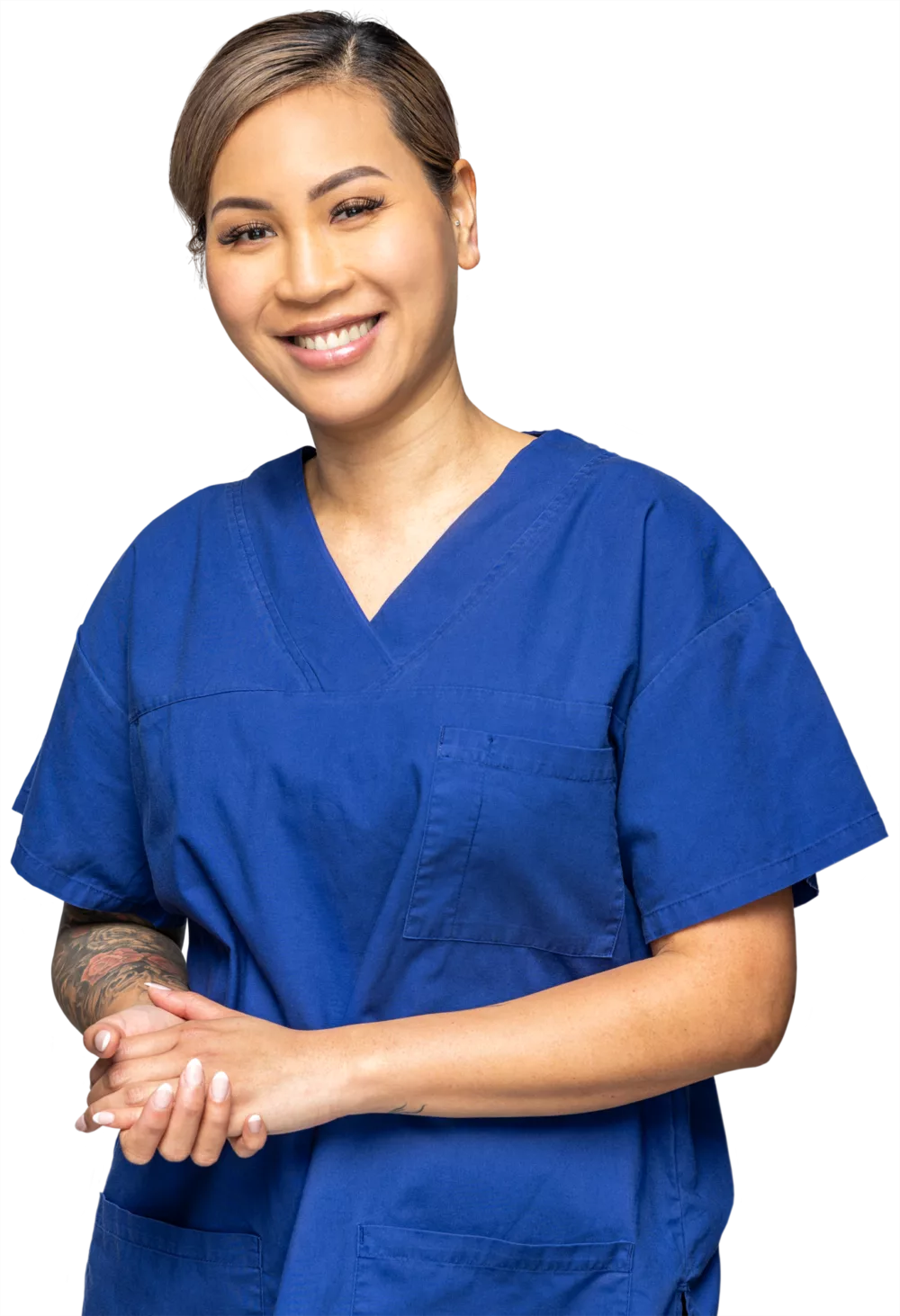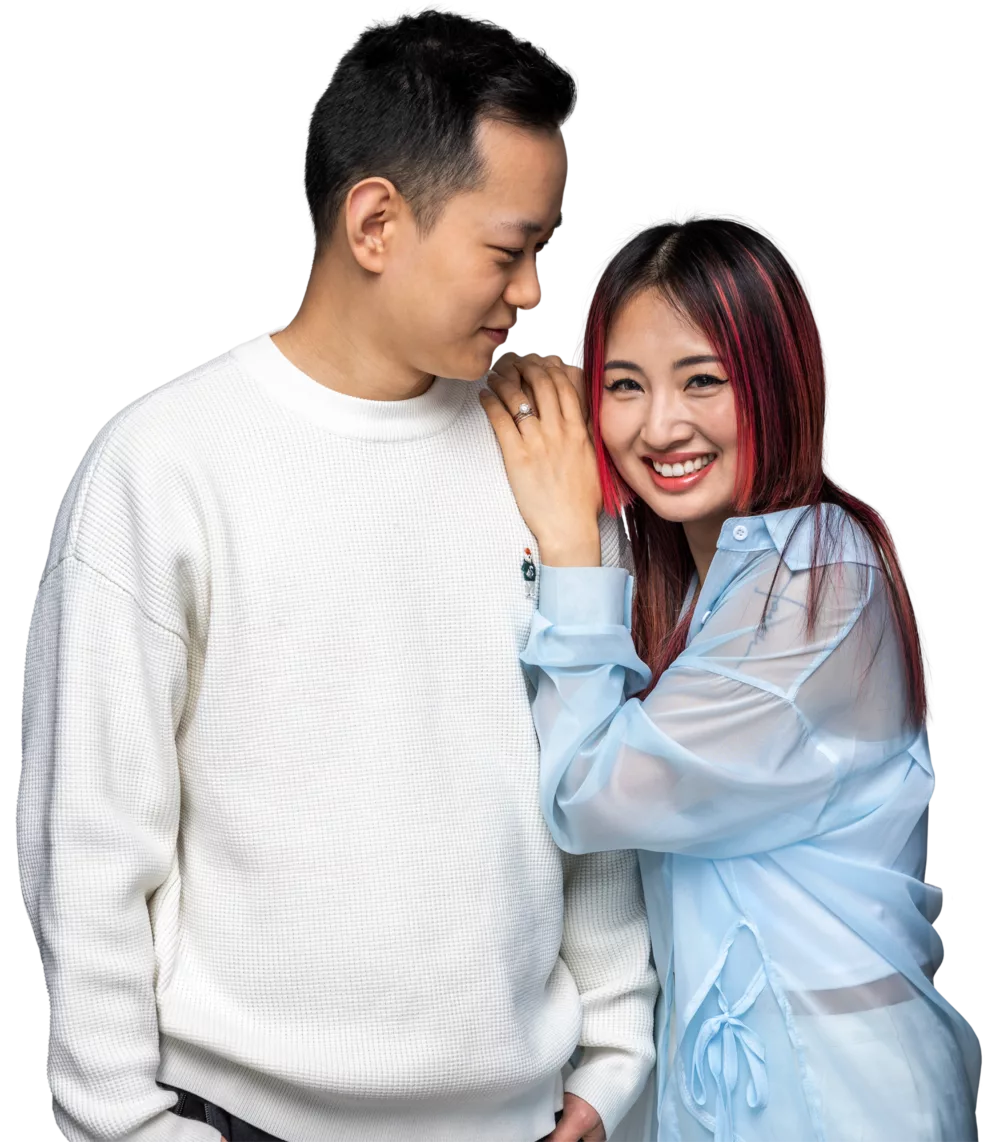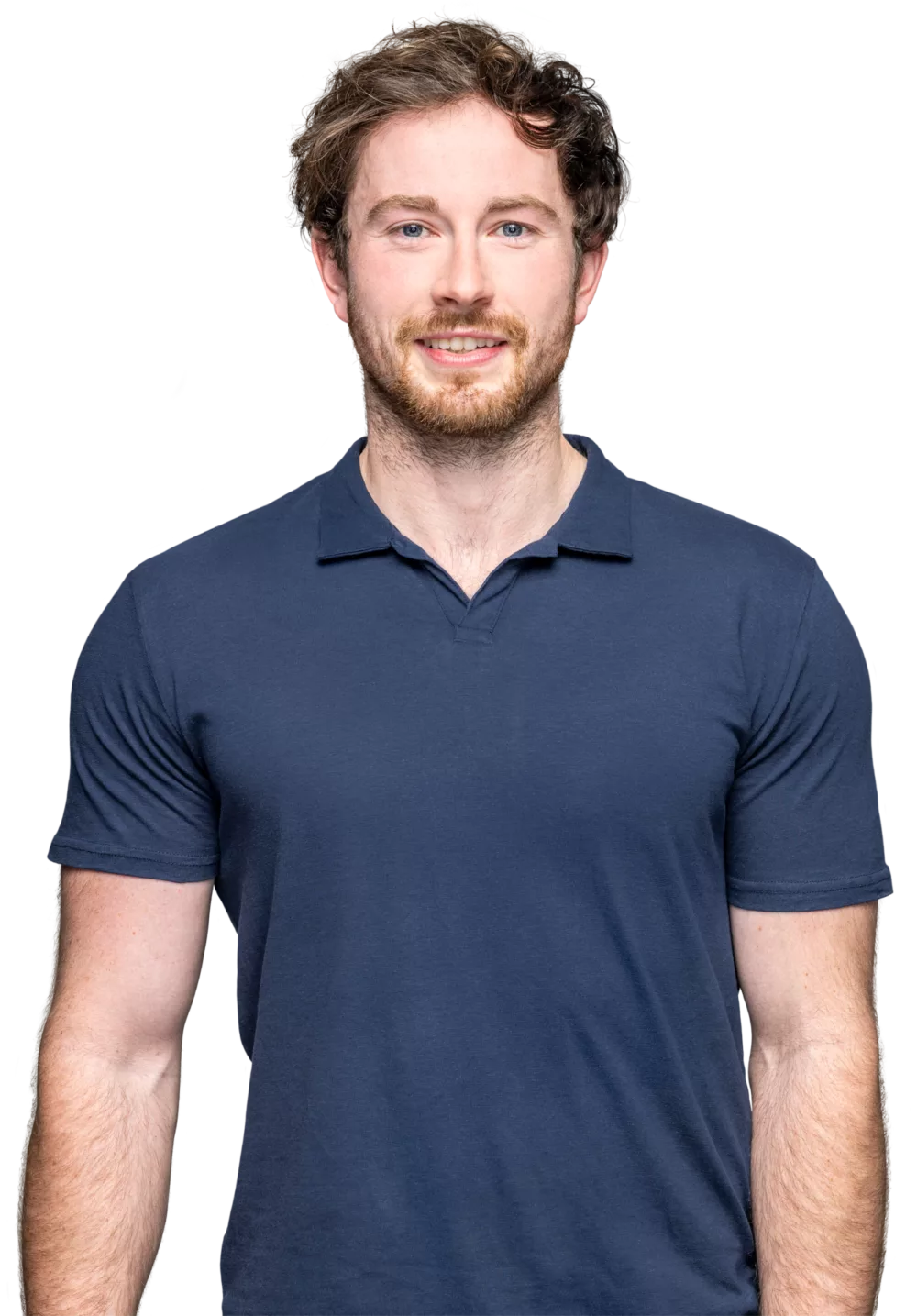Donor treatment
Technically, donor treatment is simply IUI or IVF using somebody else’s sperm, eggs or embryos – but there are important social, ethical and legal aspects involved in using a donor.
Donor sperm
Donor sperm is often recommended when a man has no usable sperm, or when his sperm are unable to fertilise his partner’s eggs. Donor sperm is also an option for single women and same sex couples.
Sperm can be come from a personal donor (often a family member or friend) or a clinic-recruited donor, and the sperm can be used in both IVF and IUI (in a process called Donor Insemination or DI). We strongly encourage people to consider a personal donor, since the demand for clinic donors is much greater than the number of donors available.
See the FAQs below for more information about the allocation of donors.
You can also read about becoming a sperm donor section here.
Current waiting time for donor sperm:
IVF with ICSI treatment: 6 – 12 months.
IUI treatment: approximately 3 years.
Donor sperm is often recommended when a man has no usable sperm, or when his sperm are unable to fertilise his partner’s eggs. Donor sperm is also an option for single women and same sex couples.
Donor eggs
We will recommend that you use eggs donated from a personal or clinic donor when:
- a woman has undergone early menopause
- eggs are not fertilising or developing normally
- the chance of pregnancy is low because of age-related factors
Donor eggs are used during IVF, with the egg donor undertaking the first part of the cycle.
It’s common for people who have tried unsuccessfully to have a child by IVF using their own eggs to then consider using donor eggs. Donor eggs may be provided by a family member or friend; alternatively, we can help with recruiting a donor – advertisements are managed by our clinic, and once a donor is chosen by you, we’ll screen and prepare the donor for treatment.
A woman’s age is the most important factor determining the quality and quantity of her eggs.
You can also read about becoming an egg donor and see our donor video. If you are looking for a donor - you can also share this video through social media with your reference name attached.
For pricing on egg donor treatment please see our treatment fees here.
Current waiting time for donor eggs:
Approximately 3.5 year wait time.
Surrogacy
Surrogacy involves a woman other than the biological mother carrying and giving birth to the baby for a couple. It may be an option when a woman no longer has a uterus; when pregnancy is dangerous to her health; where a woman not becoming pregnant, despite repeated fertility treatment, probably due to a uterine cause; or for same-sex couples.
In IVF surrogacy, the couple who want a child undergo IVF but the embryo is transferred into the uterus of the surrogate. In IUI surrogacy, the surrogate becomes the egg donor as well.
Surrogacy in New Zealand requires approval by ECART, obtaining legal advice, and prior arrangements for adoption following the birth of the child.
Many same sex couples use reproductive technology to help achieve their dream of having a baby. There are many ways technology may help LGBTI families, such as the use of sperm donors, egg donors and surrogacy, or freezing sperm. Fertility Associates has extensive experience helping people consider their options, and helping people through the legal framework that is associated with particular treatments such as surrogacy.
To find out more about how surrogacy works you can view our Pathways book here.
Donor embryos
Once a couple has completed their family following IVF treatment, they may still have embryos stored. In this scenario, the couple have the option to donate these embryos to another couple who have not been able to conceive through fertility treatment.
Embryo donation requires ECART approval and careful preparation by both the donors and recipients, because if a child results from the donation the two families will have children who are full siblings to each other.
To find out more about donor embryos please view our Pathways book here.
Combinations of donors
In special cases, it is possible to use a combination of donor services as long as at least one of the people seeking treatment has a biological ‘stake’ in the pregnancy. For instance, a woman can use donor sperm and donor eggs, and have the resulting embryo transferred into her own uterus.
ECART approval is needed whenever a combination of donor services is considered. Please see here for more information.
Donor legislation
Donor treatment and surrogacy come with important social and ethical responsibilities, and all are highly regulated in New Zealand to look after the interests of the children, the donors and the surrogates as well as the couple or single woman who want a family.
ECART applications are always needed for surrogacy, embryo donation, and sperm or egg donation between family members who are not brothers, sisters or cousins. An example would be a mother donating eggs to her daughter.
Donors must be identifiable. Under the HART Act, we must notify the Department of Births, Deaths and Marriages whenever a child is born using donor sperm, donor eggs, or donor embryos donated after August 2005, or when a child is born following surrogacy. Births, Deaths and Marriages hold basic identifying information about the donor that can be accessed at any time after birth by the parents or by the child when he or she reaches adulthood.
We also recommend counselling at this time to help in to exchanging information.
Donor linking
As part of our service to donors and children born through donor programmes, we also offer donor linking – a programme where we can link children with their donors.
As children grow and become young adults, it can be important for them to understand who they are and where they come from. For children born from donor egg or sperm, part of this can involve exchanging information, which can range from the briefest of details to people meeting.
Personal donors can help you get treatment sooner
We always have more people needing donors than there are donors available. The large gap between people wanting a donor and the number of those volunteering to be donors is why we strongly encourage people to look for a personal donor wherever they can, perhaps among their family or friends.
If you know of someone who may be willing to help you as a personal donor, please direct them to the website where they can find out more about what’s involved and contact us via the online form.
We put a substantial amount of effort into recruiting donors, through publicity, advertisements, billboards and our website, and we are extremely grateful to the wonderful souls who volunteer to be donors. This is a long term and very personal commitment because many donor children will want some contact with their donor as they reach young adulthood.
For any specific enquiries please contact your local clinic.
FAQs
My initial doctor’s consultation is booked or has taken place, what should I do next regarding selecting a sperm donor?
- Ensure you’ve also completed your first counselling appointment as this is a mandatory part of the treatment process. You can only join the donor database once these two appointments, (Doctor & Counselling), are completed as this will ensure you have the medical and legal information at the beginning of the process. If you complete these appointments together during your first visit, your nurse will add you to the donor database the same day.
- Alternatively, you can let the Donor Sperm Co-ordinator know once you have completed both appointments so you can be added to the database at that time.
- Same sex couples: If you have a same gender partner who wishes to achieve a pregnancy in the future, please ensure you are both enrolled in the Donor Database. Donors are allocated to individuals, not to families or couples to ensure we stay within the donor’s maximum number of recipients.
Will I need to wait for a donor to become available? If so, how long?
Your Doctor, Nurse or Donor Co-ordinator at your local clinic will be able to advise you how long the approximate waiting time is. It is important to be aware that the length of time you may need to wait is an estimate, the waiting time can become longer or shorter. This is because there are many contributing factors:
- the number waiting for a donor
- the number of donors that become available in the future through being newly recruited or when existing donor recipients return their donor to the clinic selection pool
- the donor's restrictions: sometimes a donor may place restrictions about circumstances, eg sexual orientation; age; treatment type; relationship status; ethnicity, etc
- there are times when there are no donors available. It is possible that you are at the top of the waiting list but unable to select a donor for this reason.
Publicly funded treatment: if you have been allocated a publicly-funded cycle and a treatment month in which to have your cycle, the cycle cannot take place until you are eligible to select a donor. You will be given a deferred treatment month if the wait for a donor is longer.
How will I know how I am progressing in the donor database and how will I know when donors become available for me to view?
If at any stage since your initial doctor’s consultation you decide that you’re not quite ready to have treatment, please let your clinic know. We appreciate that your circumstances can change and it helps us to reduce waiting times if we know you’re not quite ready yet.
You won’t lose your position in the donor database; we simply change your status to ‘not ready’. Then you need to let us know once you’re ready to proceed again in the future and we position you straight back where you were when you went on hold.
This is always dependent on donor availability so there may not always be donors available for you to view immediately when you’re ready to recommence treatment.
How are the donors screened?
The donors are fully screened by Fertility Associates in accordance with Reproductive Technology Accreditation Committee RTAC regulations. All clinic donors have met with both a Doctor and a Counsellor and the stored samples have completed a six month quarantine period.
Can I transfer my donor samples to another centre?
No. The exception to this is when you have had a child with a clinic donor and you wish to transfer sibling sperm to another clinic.
Am I able to view photographs of the donors?
Sometimes. It is not mandatory for donors to provide photos of themselves and it is for this reason we don’t have photos of all donors. You will also need to let us know if you would like to see the photos as we don’t routinely offer them since there are some recipients who do not wish to view them. The images must be viewed on site at Fertility Associates with a staff member.
I’ve selected a suitable donor, what should I do next?
With regard to beginning treatment, you need to contact our nursing team and they will provide you with the next steps.
How many donors do you have and how many will I be offered?
We generally have between 25 to 50 donors at any time in total that are fully screened and released for treatment use. You will be offered a minimum of three donor profiles that match your ethnicity, the type of treatment you wish to have, eg ICSI or DI, and you will be matched to any restrictions the donor has placed. For this reason, there may not be more than three donors available.
Our donor profiles are being viewed by recipients in all our New Zealand clinics on a daily basis. For this reason, you will be asked to make your donor selection during the appointment at the clinic and sign your consent form. You do not have to select a donor if none of the options are suitable. If you prefer to delay your decision, this means that your preferred donor may not be available in the future, we are not able to hold donors for you.
If you decide to wait for further options in the future, this is possible however it will significantly increase the time you may need to wait for a suitable option.
How will I be matched with a donor?
We will offer you all the donors we have available on the day of your matching appointment.
You may make requests for specific characteristics for your donor however due to the shortage of donors, we may not be able to fulfill your request and this will significantly delay your waiting time.
It is important to remember that the characteristics you choose may not be the ones your child inherits. There are no guarantees! There is some genetic information we know can be inherited such as eye and hair colour however there are many ‘environmental’ factors that are not scientifically known to be inheritable.
What is the difference between a clinic donor and a personal donor?
- A clinic donor is recruited by Fertility Associates and does not choose who receives his sperm samples. Recipients get given the option of different donor profiles to select from.
- A personal donor is usually recruited by a patient of Fertility Associates who require donor sperm. This may be a family member, friend, or someone found personal advertising.
You can be both a clinic and a personal donor. We recommend you discuss with your personal recipients if you are also considering being a clinic donor.




